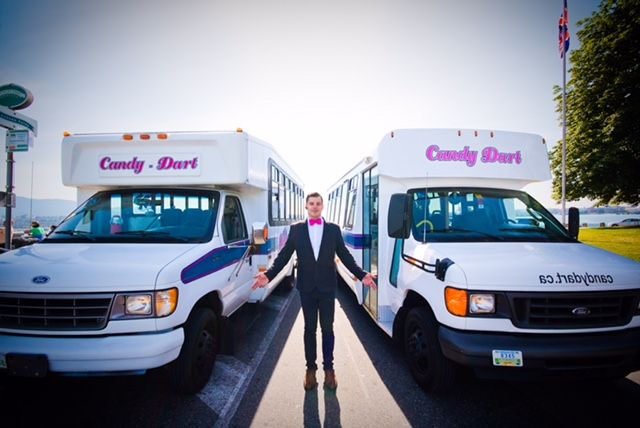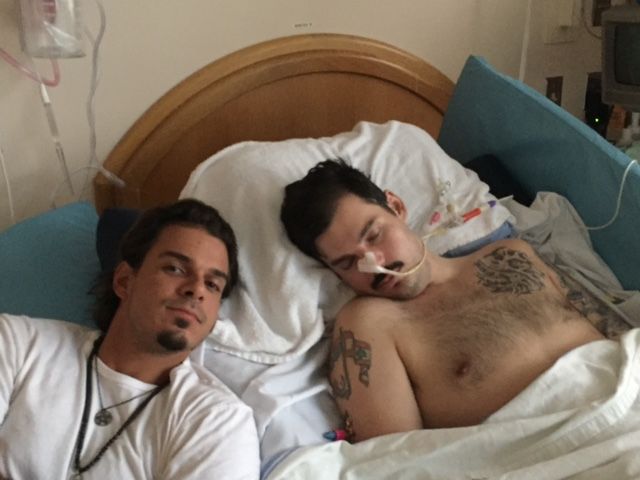Rami Ladki once cut the figure of a successful businessman.

He ran Candy Dart, a 1950s-style charter bus service. He was a champion in karate and kickboxing.

But trauma gnawed at his psyche. He fled the war in Iraq when he was still a kid, and as a teenager, he held his father’s hand and watched him die of a brain tumour.
Ladki turned to drugs. He smoked heroin in January 2016, not knowing it was laced with fentanyl.”People right away think you did this to yourself,” he told Global News.

Get weekly health news
“And it’s not a choosing, I did not choose for this to happen, it just happened as a result of my lifestyle at the time.”
Ladki suffered two comas and spent two months in hospital. He had brain damage, and was close to becoming another of the hundreds of people that fentanyl kills in B.C. every year.

There were 876 drug deaths between January and July of this year, and 706 of them involved fentanyl, the BC Coroners Service said last month.
His mother, Dr. Alena Ladki, felt judged as her son fought for his life.
“You are a doctor, you are a pediatrician, and you screwed up,” she told Global News.
“This is how I felt and I felt almost shame.”
But she doesn’t feel that way anymore.
Rami believes he’s alive because it just wasn’t his time. He’s working out, doing yoga, and realizing that the risk of using drugs is not worth your life.
“It’s not a Downtown Eastside problem, it’s a people problem,” he said.
READ MORE: Drug overdose deaths continue to rise in B.C.; fentanyl detected in 81% of cases
And he has advice for parents: “If you have a kid that’s struggling, try to talk to them about the dangers,” Rami said.
“It’s tragic, it’s an epidemic. I’m happy to be alive.”
- With files from Paula Baker









Comments
Want to discuss? Please read our Commenting Policy first.